Why Welsh rugby wizard JPR Williams was the last of the great amateur sporting heroes
The swashbuckling full-back who died this week was the ultimate Corinthian: fully committed and passionate, yet playing for nothing more than the fun of it. Jim White pays tribute to a sporting great who spent his working days as an orthapaedic surgeon trying to mend bones, and his Saturday afternoons on the pitch trying to break them

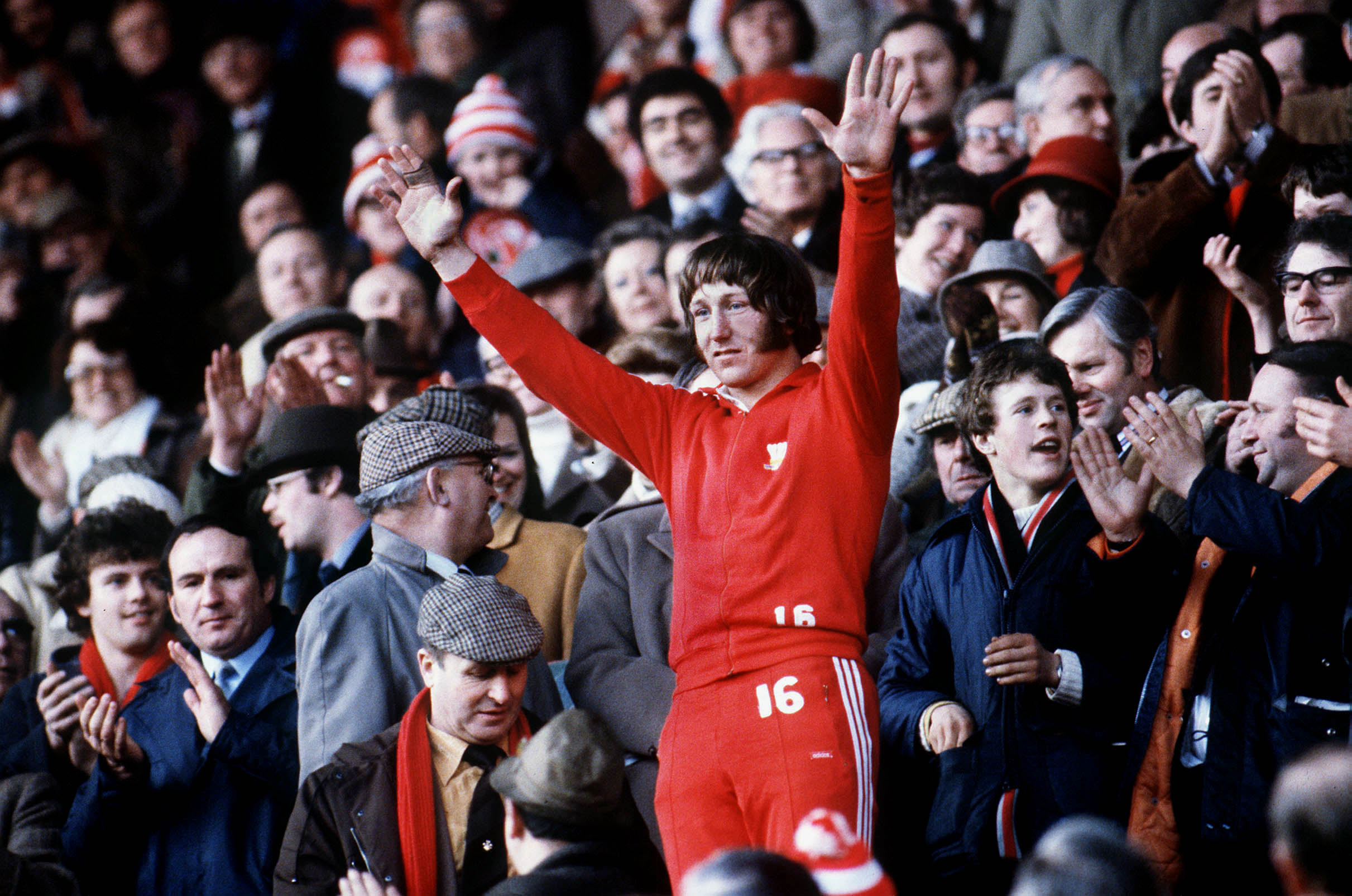
When JPR Williams, the great Welsh rugby full-back, died this week at the age of 74, the tales were legion. What a player he was: quick, smart, tactically astute. Not to forget, astonishingly brave. He appeared to have no fear in the bruising, bloodied environment of rugby in the 1970s.
In truth, often he would get his revenge in first. As on the 1974 British and Irish Lions tour of South Africa when, in order to pre-empt the home side’s bullying aggression, the visitors agreed that on the call of 99 they would go into collective action. The idea was, on the basis that the referee could not send the entire team off, as soon as they heard the shout, everyone would simultaneously punch the nearest Springbok.
Phil Bennett, the side’s cultured fly-half, recalls that in the midst of one of the test matches in that notorious tour, he saw Williams suddenly charge 30 yards across the pitch to flatten the biggest bloke in a green shirt with a single blow. As he trotted back into position, Williams said to Bennett “That showed him.” To which Bennett replied, “But John, nobody shouted anything.”
Then there was the time, at the height of his reputation as the most undaunting of players, the car Williams was driving was in a collision with a lorry. He was taken to hospital in Cardiff and the next morning the staff tending him issued a press statement: “Mr Williams spent a comfortable night. But we were unable to save the lorry.”
Yet, given his commitment, his indomitability, his reckless refusal to baulk at a challenge, the most remarkable thing about Williams was this: he was an amateur. He received not a penny for turning out for Wales 55 times or the Lions on eight occasions. There was no hint of financial compensation for all the lost teeth and black eyes. Rather, he earned his money as an orthopaedic surgeon, about which he joked “I spend my working life trying to repair other people’s bones and my Saturdays trying to break them.”
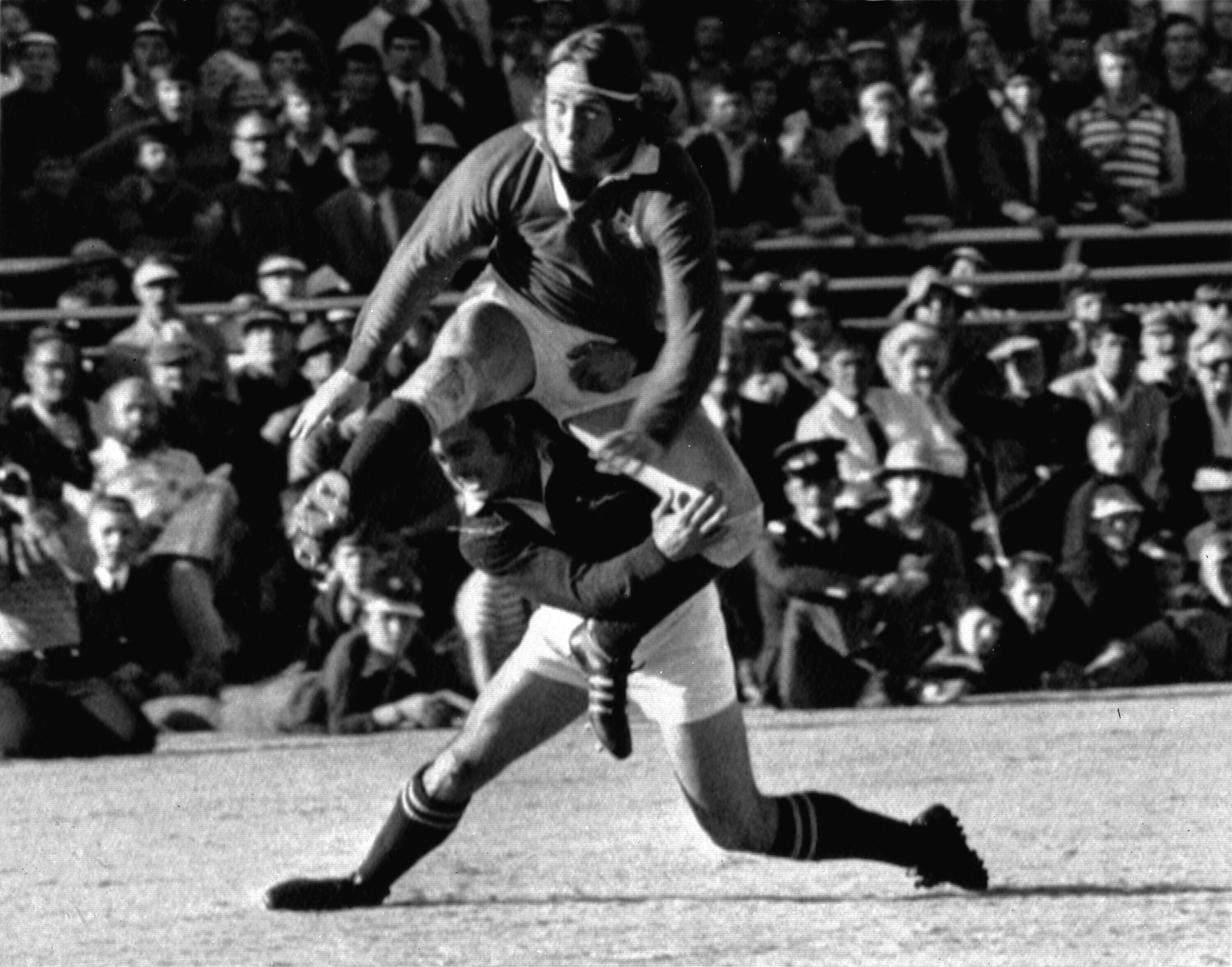
In these days of professional preparation, when rest and recuperation are reckoned as important as aerobic endurance and muscular resilience, the very idea of Williams taking part in an international test match on Saturday and being in the operating theatre on Monday morning seems absurd. Particularly given that, in his day, Saturday afternoon’s titanic collisions would invariably be followed by equally epic drinking sessions.
This, though, was the ultimate Corinthian: fully committed, wholehearted and determined, yet playing for nothing more than the fun of it.
In fact, the very idea of being paid to play was anathema to Williams. Or at least it was to his father, Peter, who had a virulent distaste for the very concept of professional sport. When he was a pupil at Millfield School, the young JPR was not only adept at rugby, he was also a brilliant tennis player, one of the best in the country, winning the British Junior Championship at Wimbledon, beating a certain David Lloyd in the final.
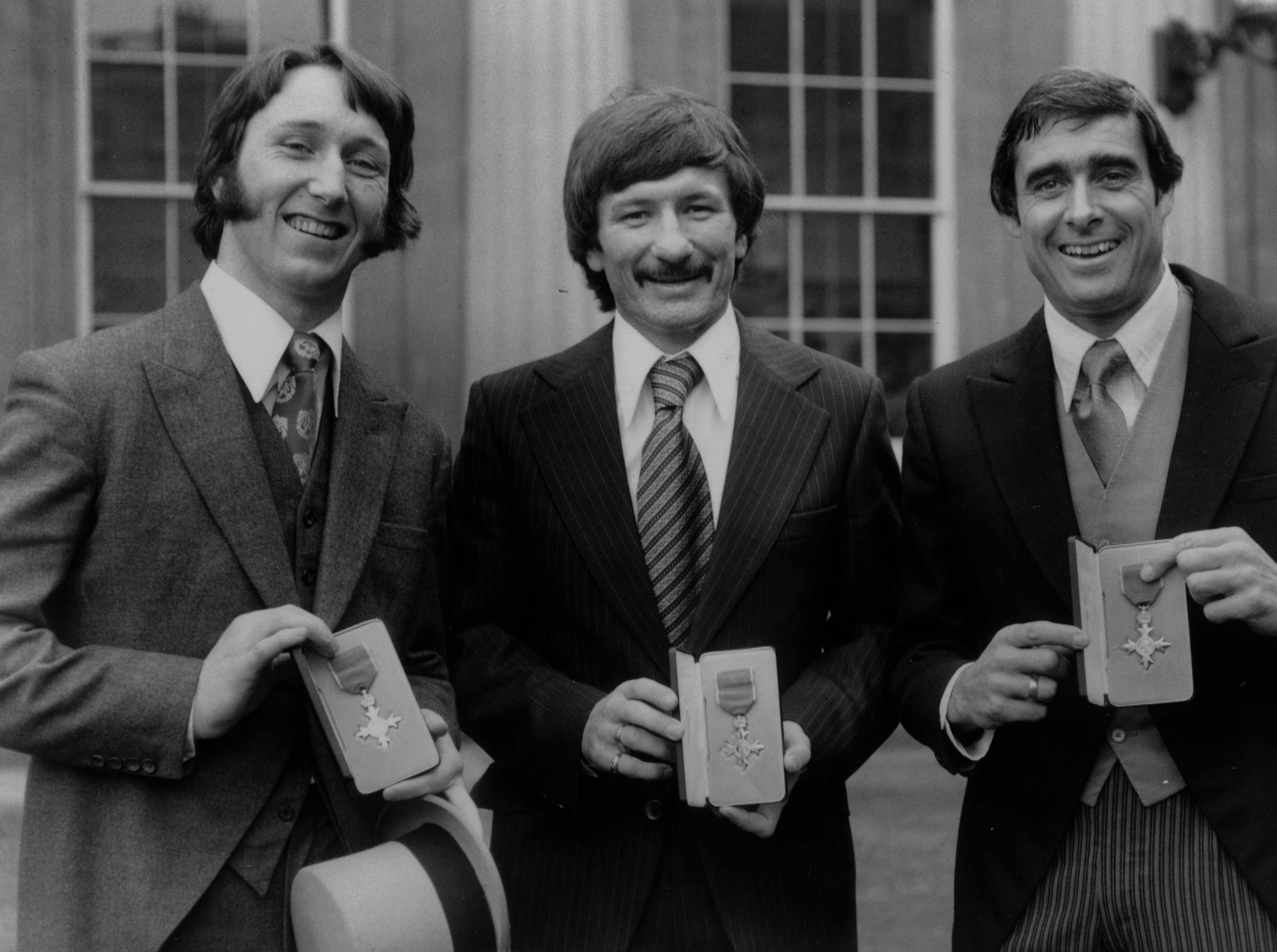
A career in the game beckoned. But Peter refused to countenance the idea. His son needed a proper job, he said. And as he himself was a GP, medicine seemed the best course to take. So, Williams, appreciating that in those days London medical schools often looked kindly on potential students who played rugby, dropped tennis and concentrated on the oval ball. He landed a place at St Mary’s Hospital Medical School and played in his spare time for London Welsh, where his ability was quickly spotted.
It was not, incidentally, that his dad was worried about his son engaging in such a violent sport. Far from it. Peter used to volunteer as the club doctor for Bridgend matches. And on one occasion in 1978 JPR, by now working back home in Wales, was subject to a nasty assault when his club played the touring New Zealand side. Stamped on as he lay at the bottom of the ruck, one of his facial arteries was severed by an opponent’s brutally wielded studs.
He left the field, his face a mess, having lost two pints of blood. But being JPR, he wanted to play on – perhaps in order to gain revenge on his All Black assailant. So, Peter took out his needle and thread and applied 30 stitches to his son’s face. And looking like the victim of a road accident, he trotted back out onto the pitch to a huge roar from the crowd.
Whatever his father’s beliefs, looking back on it, it seems almost incomprehensible that Williams did not receive any sort of compensation for the danger into which he blithely stepped. After all, someone was making money out of the game in his day: the huge crowds that would regularly turn up were paying substantial sums to savour his skills and bravery. Though equally, one could argue he was fortunate not to have been born in an era when, in order to get to the top of the game, it was necessary to become a full-time rugby union player.
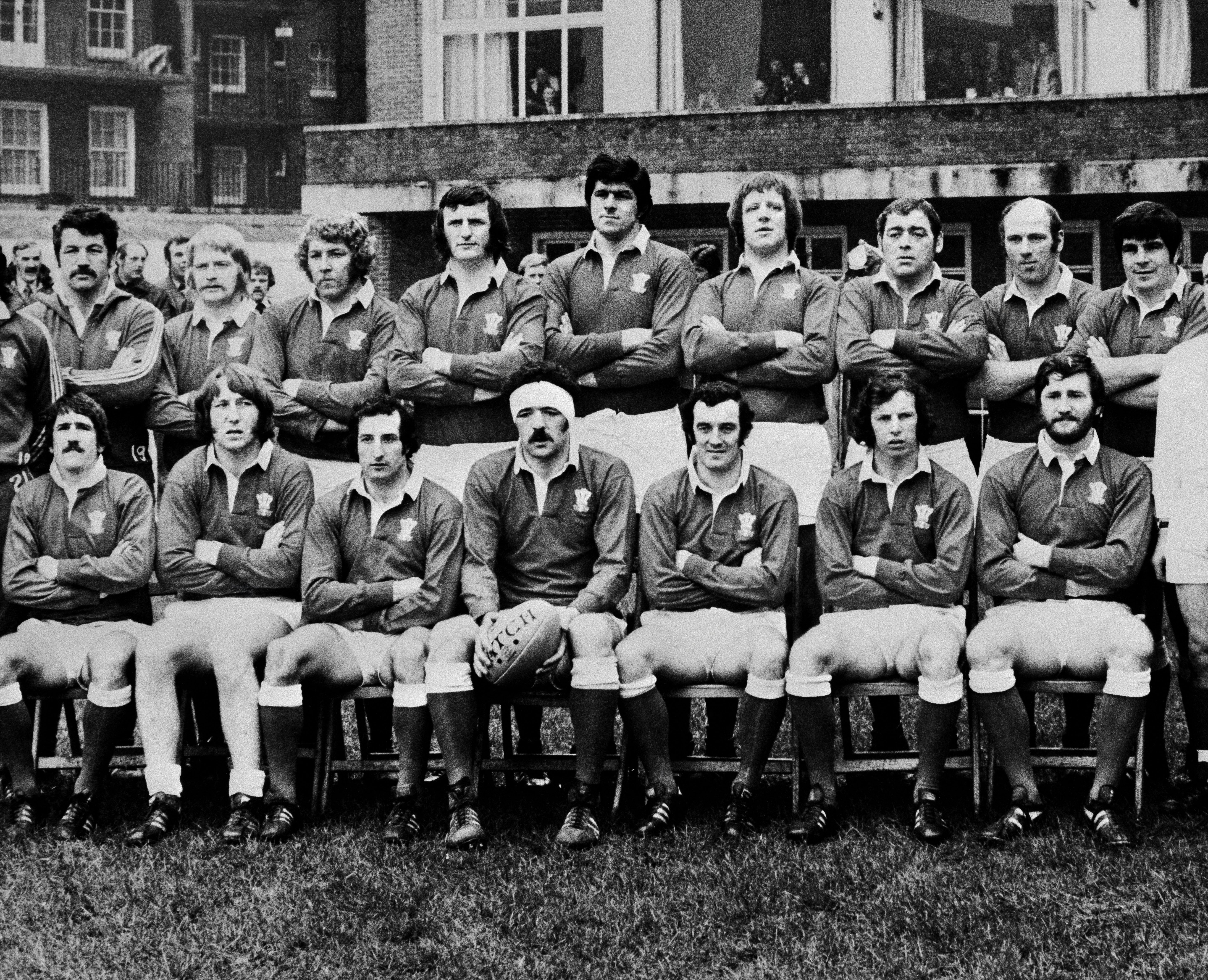
Had he started out 25 years later than he did, in the days when – to his father’s chagrin – rugby union was finally professionalised, his life could have turned out very differently.
Last August, 300 former players issued a writ against the Rugby Football Union, the Welsh Rugby Union, and World Rugby, seeking compensation for brain damage sustained while they were involved in the game. Almost all of them have been diagnosed with early-onset dementia.
Currently, the case is stalled in legal dispositions, with the three bodies insisting that there is no scientifically proven correlation between the game and the men’s condition. But the evidence seems more than convincing. Williams’s successors in a Wales jersey, such as Ryan Jones and Alix Popham, plus the English World Cup winners Steve Thompson and Phil Vickery, have been blighted by neurological issues. For them there are no after dinner speeches extolling the joys of the past: none of them can remember a thing about their playing days. Everything is a blur.
And what is inescapable is the fact that few if any of Williams’s generation of top players suffered in the same way. Bennett, Gareth Edwards, Willie John McBride, Fran Cotton – the titans of the 1974 Lions – remain as sharp as ever, full of tales and stories. Yet, as we have been reminded in the tributes to Williams, the game was close to lawless in those days, danger lurked at every scrum, fisticuffs at every lineout. So how come none of them have been similarly afflicted? Why did things change?
The simple answer is professionalism. In Williams’s day, even for the best teams, training took place twice a week, a 90-minute workout on Tuesday and Thursday evenings. That’s if you could get time off work to attend. With Williams’s hospital schedule, he often had to miss out. International teams would meet up on a Thursday ahead of the Saturday game, engaging in some light training on Friday. And that was it.
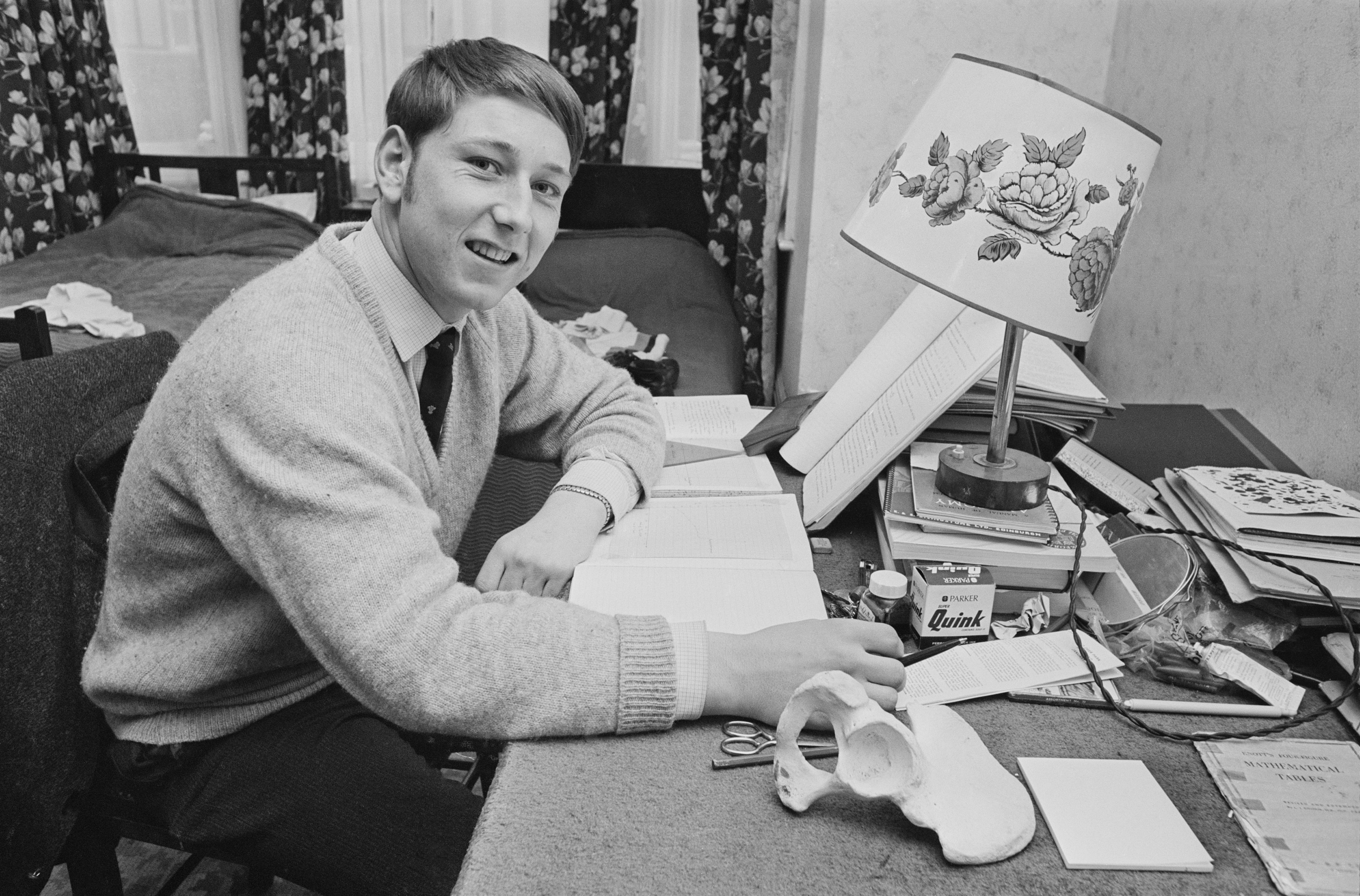
When the game turned professional, when players were no longer required to earn a living elsewhere, they had far more time to train. Advantage was sought by making them fitter, stronger, harder. And in the early days of professionalism, as Thompson recently told me, it was like the wild west. Scrummaging practice would be ferocious and constant, with little heed to danger. Instead of the occasional bone-rumbling collision in a match that their amateur predecessors encountered, the new pros would be relentless for hours on end in training. Thompson was told by one coach that his head was a weapon, he should use it. And he did. Every day of the week.
Williams himself was renowned for never holding back. A full-back he might have been, but when training with the Lions he would always stand in during scrummaging practice if one of the forwards was injured. Indeed, in later life he played as a flanker for his club side Tondu well into his fifties. You imagine were he training full-time he would have been in there, throwing himself into the fray without restraint on a daily basis.
Thompson and the rest of his litigation group believe it was the constant crash bang wallop of training that did the damage. That was the difference from the amateur era.
What’s more, given time to build muscle in the gym, the professional players soon became much bigger than in Williams’s day, the hits more substantial. Indeed, when asked recently which of the two sports he played so adeptly he would have taken up as a profession had he been starting out nowadays, Williams did not hesitate.
“Tennis definitely,” he said. “Have you seen the size of the modern rugby player?”
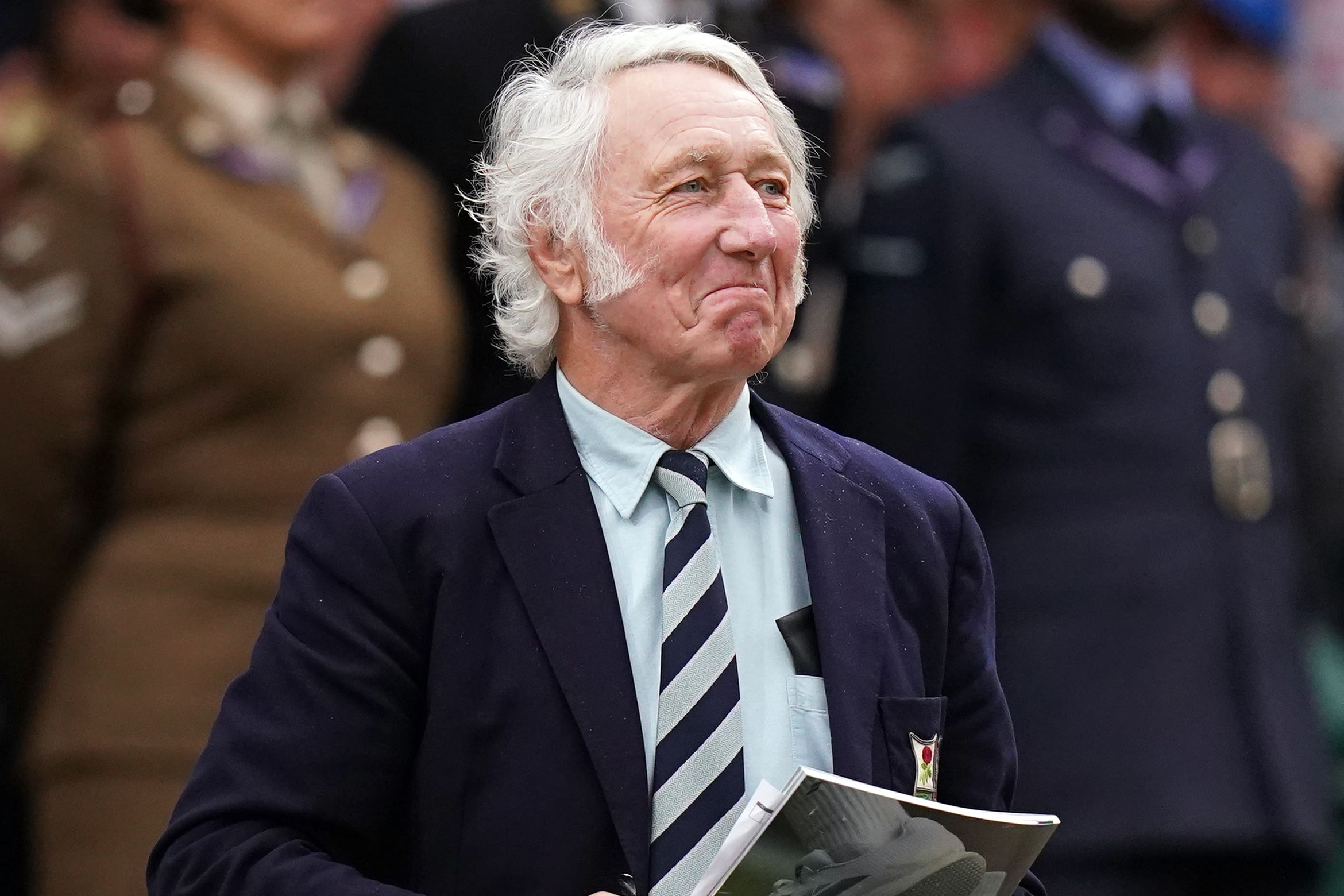
For sure, things have changed latterly in rugby preparation. Training has become more scientific; awareness is far higher of the inherent dangers of overdoing it than it was 20 years ago. Care in the game has been institutionalised; no one is as reckless as they were, concussion protocols are meticulously enforced.
In many ways, Thompson, Popham, Jones and the other 297 litigants were unlucky to have been involved in the early days of professionalism, before the dangers of repetitive hits were fully appreciated. They were the guinea pigs of the game.
But the fact remains that, when Williams died of bacterial meningitis on Monday, his facilities still entirely intact, it’s not hard to reflect that he was lucky to have been an amateur.
Join our commenting forum
Join thought-provoking conversations, follow other Independent readers and see their replies
Comments
Bookmark popover
Removed from bookmarks